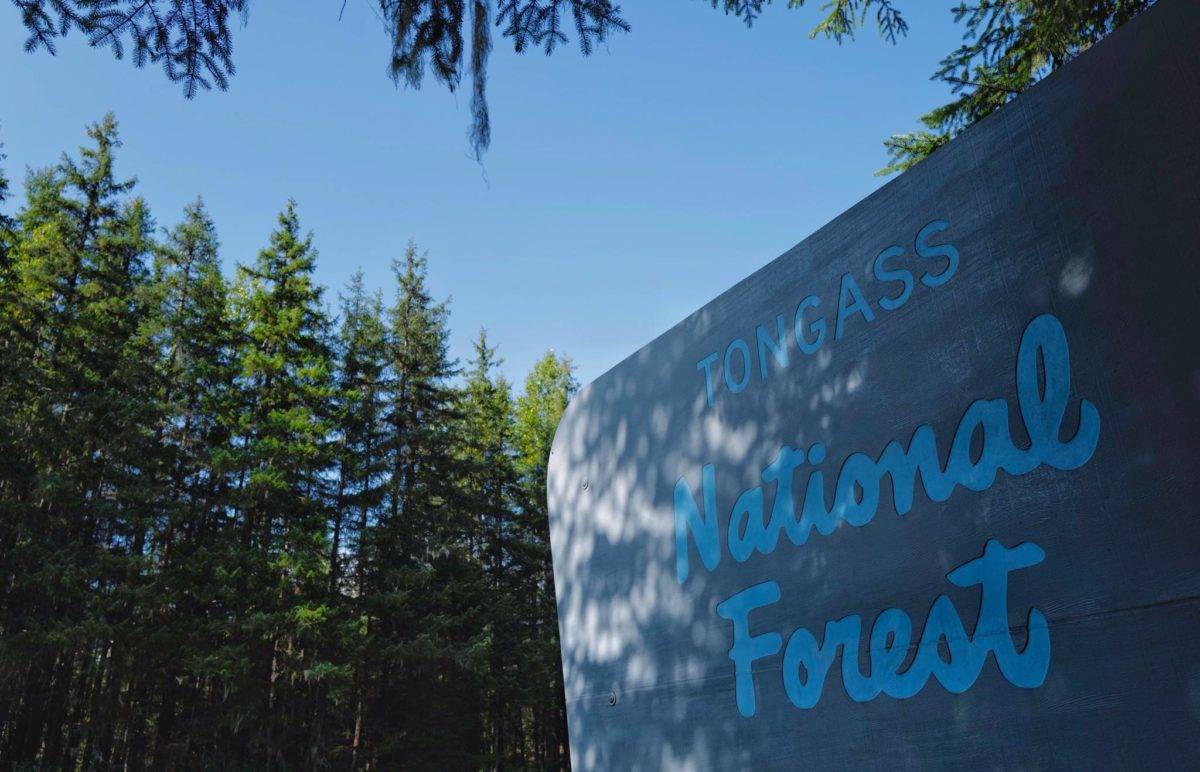The U.S. Forest Service finally released its long-awaited proposed action to improve visitor facilities at the Mendenhall Glacier. Some details can be found on its website, https://www.fs.usda.gov/project/?project=53780. The community has been awaiting this proposal for years after many meetings and open houses were conducted and ideas shared. It is disappointing at this point that we can only comment on conceptual drawings that lack detail and only seem to harden natural spaces to accommodate more tourists.
The proposal falls short in several ways; primarily it would not establish a sustainable, energy-efficient transportation system to the glacier. Instead, the Forest Service proposes to bury a kettle pond and sensitive wetlands near Steep Creek, a salmon stream, under hundreds of thousands of tons of rock and asphalt to expand the existing parking lot for buses during the summer. This makes no sense when an electric tram could easily move people to the new facilities from a remote parking lot as they do in Arizona’s tour of a popular Forest Service destination. Another alternative would be to use electric buses circulating between the docks and glacier (and even Statter Harbor). These buses wouldn’t have to be parked and would provide reliable, less confusing transit that could also serve resident needs.
In many communities, battery-electric buses are replacing the stinky diesel buses with drippy oil pans that are the norm at our glacier. The Forest Service has encouraged private tour companies at the glacier to purchase their own electric buses, but high purchase costs make them impractical for a private company. The City and Borough of Juneau, however, qualifies for federal grants that could provide electric buses, which could be operated by either the city or a concessionaire.
To be fair, there are several great aspects to the Forest Service proposal for new facilities. New trailhead parking lots along Glacier Spur Road will provide better access for residents to Dredge Lakes where tours are prohibited. New or improved trails will help Juneau residents experience our National Forests all year, even when tourists aren’t around. The lakeshore trail between the campground and visitor center, for example, will make a great bike/ski trail and similar possibilities exist with a new trail to the west side of the glacier. New raised trail platforms along Steep Creek (and a fish-viewing window) will expand the great salmon and bear viewing opportunities that are now so popular with residents and tourists alike. Restoration of Steep Creek including a roadway bridge that replaces perched culverts will be much healthier for salmon and wildlife.
But the benefit of these improvements will be lost on many of us if the Forest Service doesn’t also address the elephant in the room — that an endless stream of tourists powered by fossil fuels is problematic, especially when they are coming to see a disappearing glacier. Many people are concerned about global climate disruptions and are eager to transition away from fossil fuels. At the glacier there is a great opportunity to educate about how to mitigate climate change through extensive use of renewable energy. This would show the Forest Service cares about its core mission to sustain the health of our National Forests, which includes glaciers, wetlands and so much more.
Expanding the visitor center parking lot as proposed will essentially “lock-in” several decades of noisy, polluting, diesel buses near Steep Creek. Constructing docks for a new high-volume, marine transportation system on Mendenhall Lake is objectionable unless the boats are low speed and electric-powered. The vague, graphic depictions of buildings, docks and trails, seem only steered toward the improved flow of more visitors, not for reducing energy consumption or educating visitors about sustainability. Please get involved in this decision by letting the Forest Service know you expect more from them. Your comments on this proposal can be sent to by March 19.
• Prior to retirement, John Neary was the Forest Service director of the Mendenhall Glacier Visitor Center from 2013-2019. In total he worked for the Forest Service in Juneau for 37 years. He is now a board member for Renewable Juneau, a nonprofit working toward a sustainable energy future for Juneau. Columns, My Turns and Letters to the Editor represent the view of the author, not the view of the Juneau Empire.

